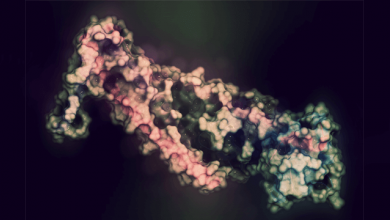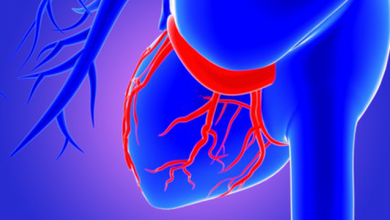Search results
Author(s):
G Torres-Ruiz
,
P Rojas-Flores
,
N Mallofré Vila
,
et al
Added:
12 months ago
William E Boden
Research Area(s) / Expertise:
Job title: Professor of Medicine
Author
Author(s):
Debasish Banerjee
,
Charlotte Perrett
,
Anita Banerjee
Added:
3 years ago
The development of increasingly sensitive and specific serum cardiac biomarkers has led a revolution in the diagnosis and management of acute coronary syndrome (ACS). However, although the troponins now in use are considered highly sensitive cardiac biomarkers in the general population, the interpretation of troponins in patients with acute kidney injury (AKI), chronic kidney disease (CKD) and…
View more
Author(s):
Ying X Gue
,
Rahim Kanji
,
Sabiha Gati
,
et al
Added:
3 years ago
Cardiovascular disease is the leading cause of death globally, with 85% of cardiovascular deaths attributed to acute coronary syndrome (ACS) and stroke.1 The development of coronary atherosclerosis and subsequent plaque disruption, predominantly from plaque rupture or erosion, is responsible for the majority of ACS presentations. Persistent occlusion of the coronary artery due to thrombus,…
View more
Author(s):
Syed Haseeb Raza Naqvi
,
Madiha Fatima
,
Fady Gerges
,
et al
Added:
3 years ago
The current coronavirus disease 2019 (COVID-19) outbreak is more than a health crisis, and its impact on the management of other diseases of various specialties is one of the greatest challenges facing healthcare professionals. Health associations worldwide are now recommending dealing with emergencies only, utilising telemedicine and providing ambulatory facilities, where available, for non…
View more
Author(s):
Paul A Gurbel
,
David Kandzari
Added:
3 years ago
The rare but catastrophic occurrence of stent thrombosis, in particular 'late' stent thrombosis, in association with deployment of drug-eluting stents has focused attention on the adequacy of the current dual anti-platelet regimen of aspirin and clopidogrel. Stent thrombosis is due to multiple factors. These include, specific stent features (delayed healing or polymer hypersensitivity),…
View more
Author(s):
Pieter C Smits
Added:
3 years ago
The high rate of restenosis associated with percutaneous coronary intervention (PCI) procedures1,2 can be reduced with the implantation of metallic stents into the stenotic vessels.3,4 Initially, bare-metal stents (BMS) were introduced, which were found to substantially reduce the rate of restenosis (~20–30%). However, BMS were associated with a high rate of in-stent restenosis. The knowledge…
View more
Author(s):
Jean-Pierre Laissy
,
Jérôme Garot
Added:
3 years ago
Recent developments in cardiac magnetic resonance (CMR) imaging have led to a tremendous breakthrough in functional imaging and tissue characterisation of the left ventricular (LV) myocardium. Over the past few decades, numerous studies have shown significant improvement in CMR imaging of acute myocardial ischaemia and myocardial infarction (MI). Advances in hardware, acquisition sequences and…
View more
Clinical Application of a Novel Self-expanding Coronary Stent in Acute Myocardial Infarction
Author(s):
Christian Spaulding
Added:
3 years ago
Article
Author(s):
Nilofer Sorathia
,
Hussein Al-Rubaye
,
Benham Zal
Added:
3 years ago
Statins are most frequently prescribed for the primary prevention of cardiovascular disease due to their lipid-lowering properties. They are known to exert their effect by competitive inhibition of 3-hydroxy-3-methylglutaryl coenzyme A (HMG-CoA) reductase. The reduction in the synthesis of cholesterol induces upregulation of LDL receptors in the liver, resulting in increased clearance and…
View more















